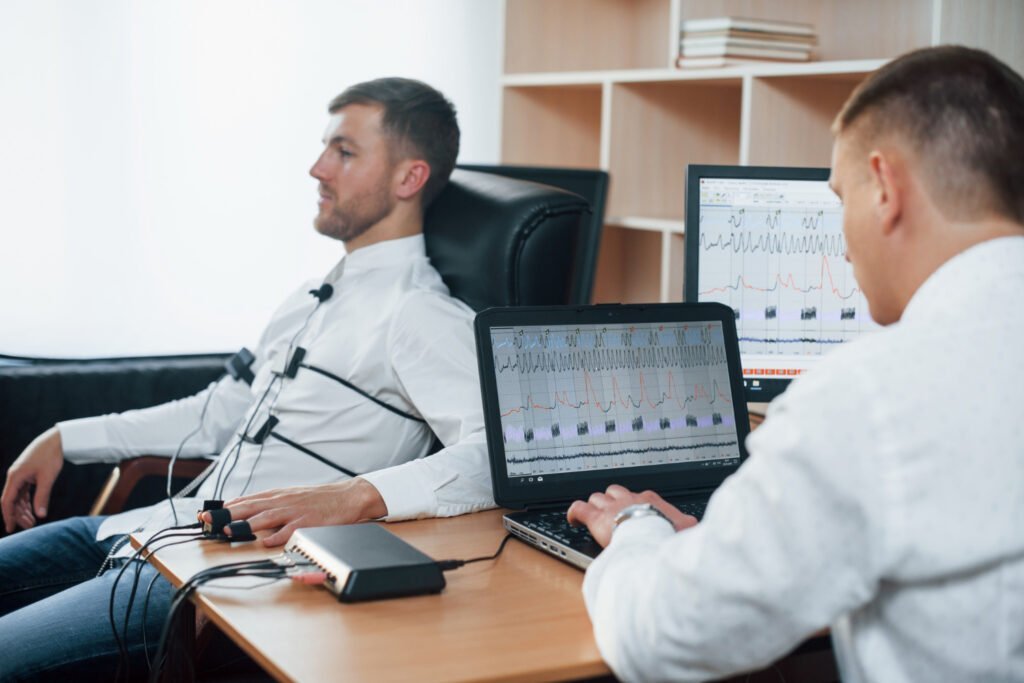- Home
- About Dr. Amit Singh
- Treatments – Dr. Amit Singh
- Advanced Heart Failure
- Ambulatory Blood Pressure Monitoring
- Angioplasty & Stenting – Dr. Amit Singh
- Arrhythmia Management Made Easy – Dr. Amit Singh
- Cardiac Catheterization Simplified: Dr. Amit Singh Shares 3 Critical Facts
- Cardiac Consultation & Second Opinions – Dr. Amit Singh
- Cardiac Rehabilitation – Cardiologist Dr. Amit Singh
- Cardiac Risk Assessment – Cardiologist Dr. Amit Singh
- Coronary Angiography in Mumbai
- Echocardiography in Mumbai
- Finding the Best Cardiologist in Navi Mumbai
- Gallery – Dr. Amit Singh
- Heart Health Education & Lifestyle Counselling | Dr. Amit Singh
- Holter Monitoring | Dr. Amit Singh
- Hypertension & Cholesterol Treatment l Dr. Amit Singh
- Pacemaker Implantation | Dr. Amit Singh – best Cardiologist in Navi Mumbai
- Peripheral Artery Disease | Dr. Amit Singh
- Postoperative Cardiac Care | Dr. Amit Singh
- Pre-operative Cardiac Evaluation | Dr. Amit Singh
- Stress Testing – Dr. Amit Singh Cardiologist in Navi Mumbai
- Heart Health Education & Lifestyle Counselling
- Valvular Heart Disease
- Blog – Dr. Amit Singh
- Contact Us – Cardiologist Dr. Amit Singh
- Contact Us – Cardiologist Dr. Amit Singh
Lorem ipsum dolor sit amet, consectet eiusmod tempor incididunt ut labore e rem ipsum dolor sit amet. sum dolor sit amet, consectet eiusmod.
Visiting Hours
| Mon - Fri: | 8:00 am - 8:00 pm |
| Saturday: | 9:00 am - 6:00 pm |
| Sunday: | 9:00 am - 6:00 pm |
Gallery Posts









